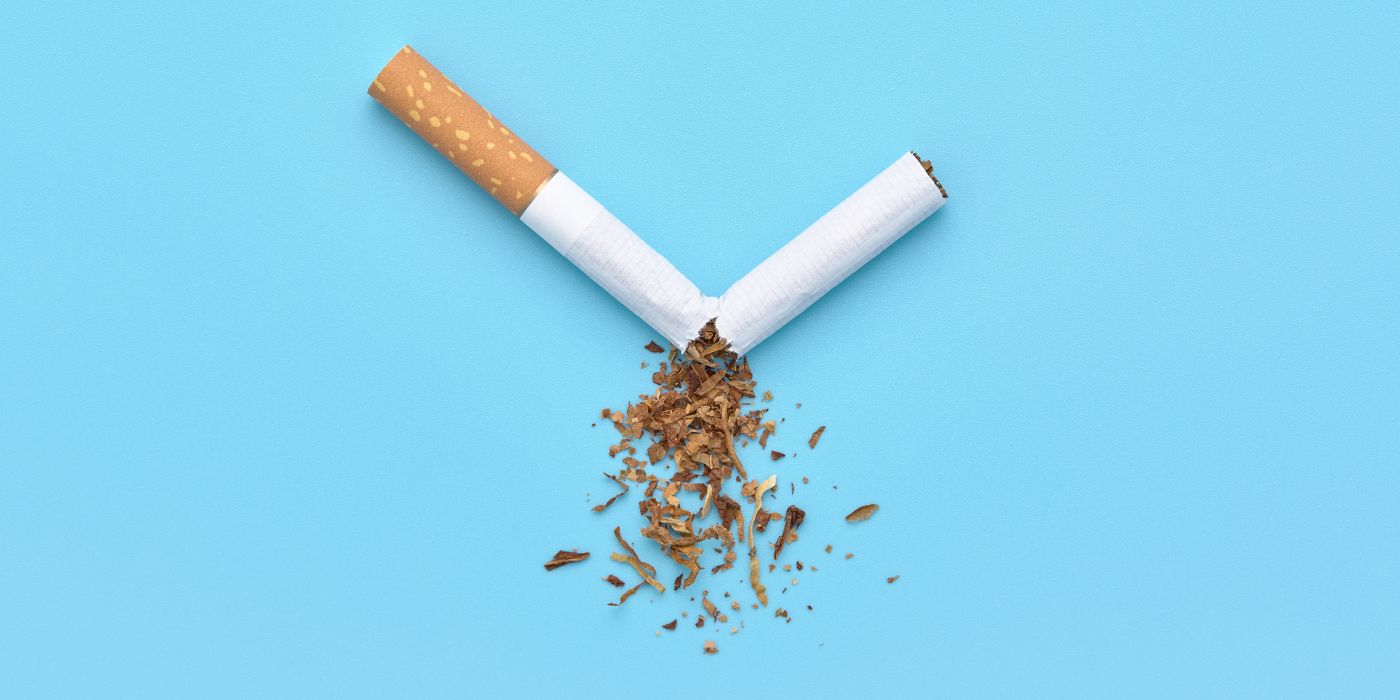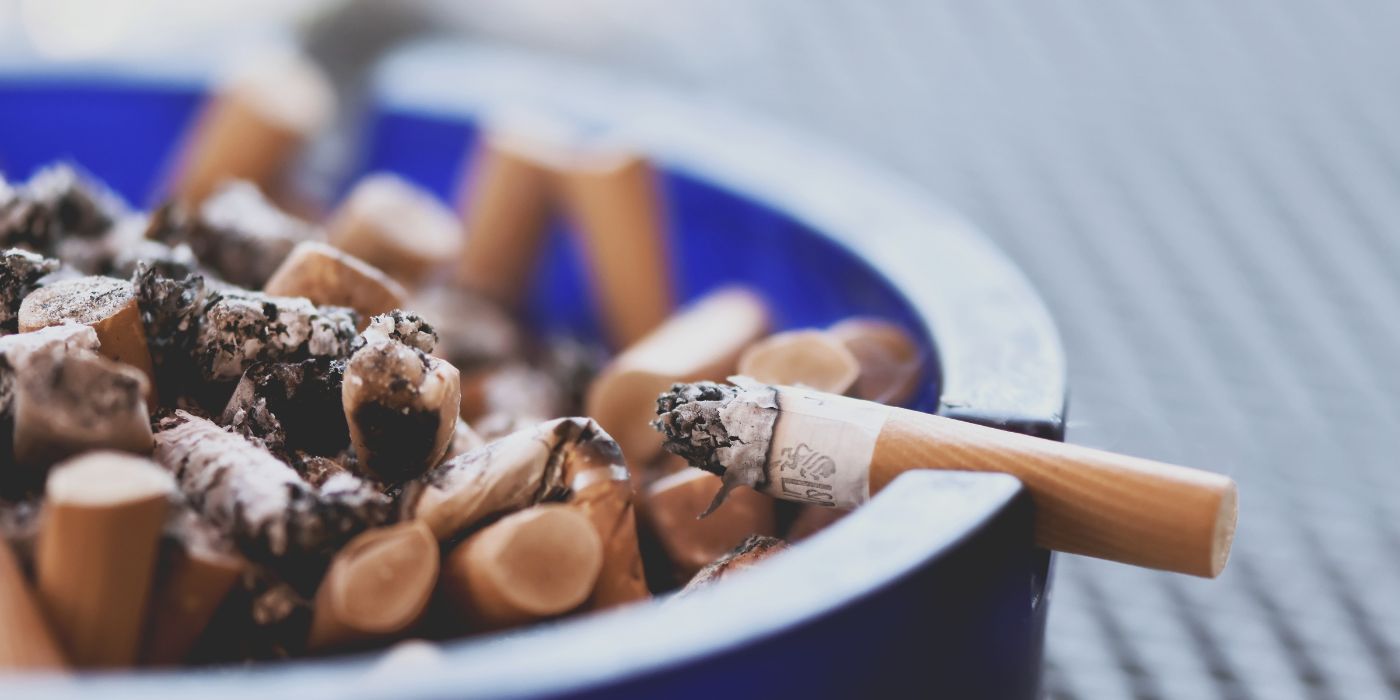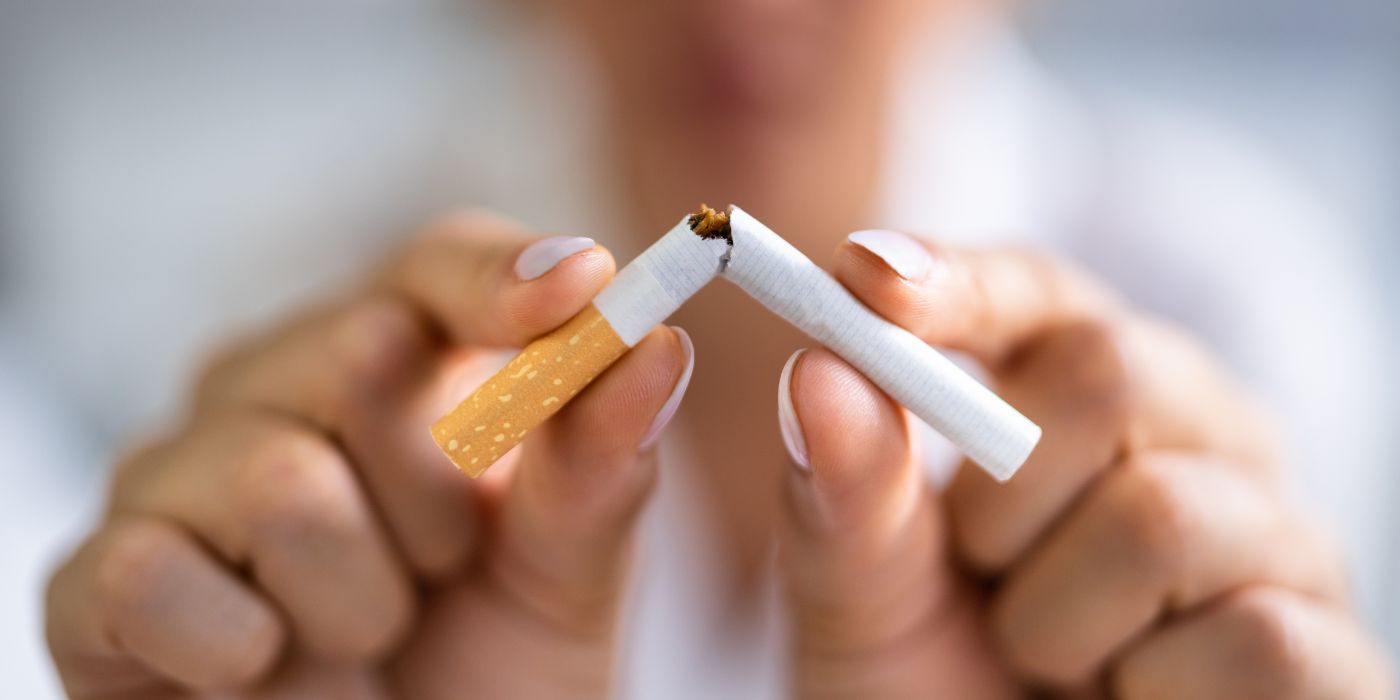How To Get Rid Of Cotinine From Your System Blood
If you’re trying to get rid of cotinine from your system and blood, you’re not alone. Many people want to feel better, pass a blood test, or improve their health. Cotinine is a metabolite of nicotine. That means it’s what’s left in your body after using nicotine from things like tobacco smoke or vapes.
Whether you’re quitting smoking, worried about a drug test, or just want to live a healthier lifestyle, this guide will help you understand what cotinine is, how it affects your body, and how to flush it out of your system.

What Is Cotinine?
Cotinine is a chemical your body makes after it breaks down nicotine. It can stay in your blood, saliva, urine, and even hair. Doctors and labs use it as a biomarker to see if someone has used tobacco.
If you breathe in passive smoking (also called secondhand smoke), cotinine can still show up in your body. Even small doses from aerosol (vape clouds) may leave cotinine behind.
How Long Does Cotinine Stay In Your System?
How long cotinine stays depends on:
Your age
Your body mass index
Your liver health
How often you smoke or are exposed to tobacco smoke
Here’s a rough idea:
Blood test: Cotinine stays up to 10 days
Saliva testing: Can detect cotinine for 4–7 days
Urine test: Cotinine may stay 3–4 days, sometimes longer
Hair: Cotinine can stay for months
The Centers for Disease Control and Prevention (CDC) tracks these levels through biomonitoring research.

Why Is Cotinine Harmful?
Having cotinine in your body means you’ve been exposed to nicotine, a strong stimulant. This can lead to problems like:
High blood pressure
Heart rate changes
Anxiety, stress, and insomnia
Risk of lung cancer, breast cancer, and cardiovascular disease
Headaches, migraines, and nausea
Issues like asthma, cough, and fatigue
More serious conditions like chronic obstructive pulmonary disease (COPD)
The American Lung Association and American Cancer Society warn about the risks linked to tobacco and cotinine.
How To Remove Cotinine From Your Blood
Now let’s talk about what you can do to detox cotinine from your system.
Drink More Water
Drinking water helps your body flush out toxins, including cotinine. Water cleans your blood, liver, and urine. Aim for 8–10 glasses each day to speed up detox.
Eat Detox-Friendly Foods
Certain foods help the detoxification process:
Broccoli and garlic: boost liver enzymes
Vitamin-rich fruits and vegetables: fight oxidative stress
Antioxidants: help repair cell damage
High-fiber meals: help remove toxins through digestion
Try to avoid sugar, fried food, and soda while you’re detoxing.
Exercise Every Day
When you exercise, your body sweats out toxins. It also boosts dopamine and helps with mood, stress, and appetite. Plus, staying active can improve your sleep and help with weight control.
Try walking, biking, or even dancing. Exercise can help with:
Blood pressure
Heart health
Clearing out your system
Get Plenty of Sleep
Sleep helps your brain, body, and organs heal. It also supports liver and kidney functions. Aim for 7–9 hours each night.
Not sleeping enough can cause:
Insomnia
Fatigue
Slower detox
More anxiety or bipolar disorder symptoms
Quit Tobacco and Nicotine
The only real way to stop cotinine from building up is to quit smoking or using any form of nicotine.
Try methods like:
Cold turkey (quitting all at once)
Varenicline or nicotine replacement
Counseling from your primary care doctor or registered nurse
Join a substance abuse program if you’re struggling
Some people also try tools like:
Semaglutide for weight and craving support
Inhalers or nicotine patches
Medicine from a physician
If you’re pregnant or breastfeeding (breast milk), quitting nicotine is even more important to protect your baby.
Use Natural Supplements
Some people take vitamins or supplements for detox. Talk to a health care provider before starting anything new.
Helpful options may include:
Vitamin C
Green tea (a natural antioxidant)
Liver support herbs
Manage Side Effects
Detoxing from nicotine and cotinine may cause side effects like:
Headache
Migraine
Diarrhea or constipation
Stress and anxiety
Appetite changes
Trouble sleeping
Know that these are normal, and they don’t last forever. Stay hydrated, eat well, and ask for help if needed.
When To See a Doctor
Talk to your physician or primary care provider if:
You have a medical condition like diabetes, ulcerative colitis, or type 2 diabetes
You’ve had organ transplantation
You take meds like adderall
You’re worried about blood pressure or heart rate
You’re going through withdrawal
Doctors may do a blood test, saliva testing, or urine test to check your reference range for cotinine.
The Food and Drug Administration (FDA) and National Cancer Institute offer trusted information on the health risks of tobacco.
How Cotinine Affects Mental Health
Cotinine and nicotine also affect the brain. People who smoke may feel pleasure at first, but then deal with:
Anxiety
Depression
Bipolar disorder
Stress and poor sleep
Over time, using nicotine to cope can lead to addiction and substance abuse.
If this sounds like you or a loved one, talk to a mental health provider.
How Passive Smoking Impacts Others
Even if you don’t smoke, being around someone who does can put cotinine in your body. This is called passive smoking. It’s especially risky for:
Children
Pregnant women
People with asthma or lung disease
People with psoriasis or multiple sclerosis
There’s research that shows secondhand smoke raises the risk of cancer, diabetes, and cardiovascular disease.
What Organizations Say About Cotinine
The Centers for Disease Control and Prevention (CDC) warns about cotinine in smokers and non-smokers.
The American Cancer Society promotes tobacco control and abstinence to prevent disease.
The American Lung Association educates the public about lung health.
The National Cancer Institute supports research on how cotinine impacts cancer risk.
These trusted groups encourage people to quit, detox, and stay healthy.
Helpful Lifestyle Tips
Keep a healthy meal plan
Avoid triggers like coffee or alcohol
Cut back on drinking sugary or caffeinated drinks
Try calming activities to lower stress
Talk to a counselor if quitting is hard

How Long Until Cotinine Leaves My Body?
It depends on your habit, dose, and health. With abstinence and detox tips like drinking water, eating right, and exercise, most people can clear cotinine in 7–10 days.
In people who continue smoking, levels may stay high for weeks or months.








